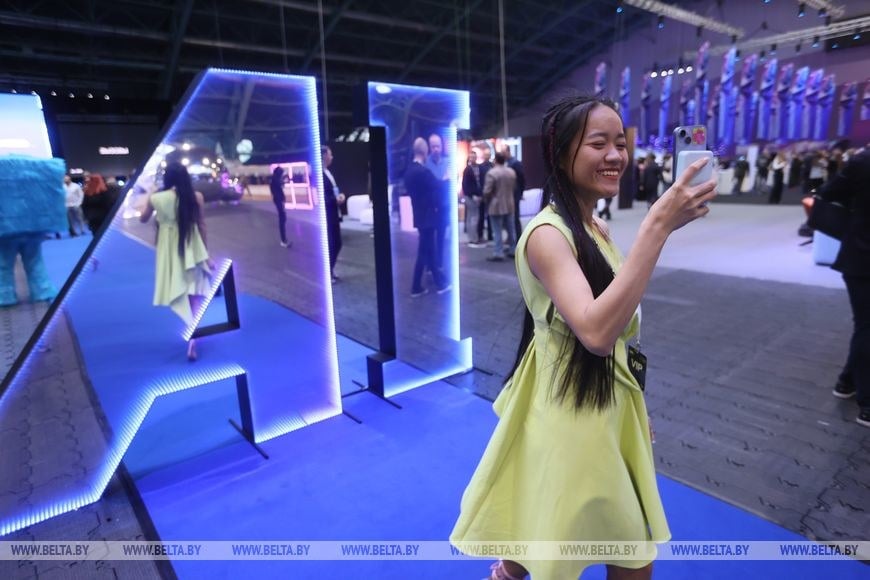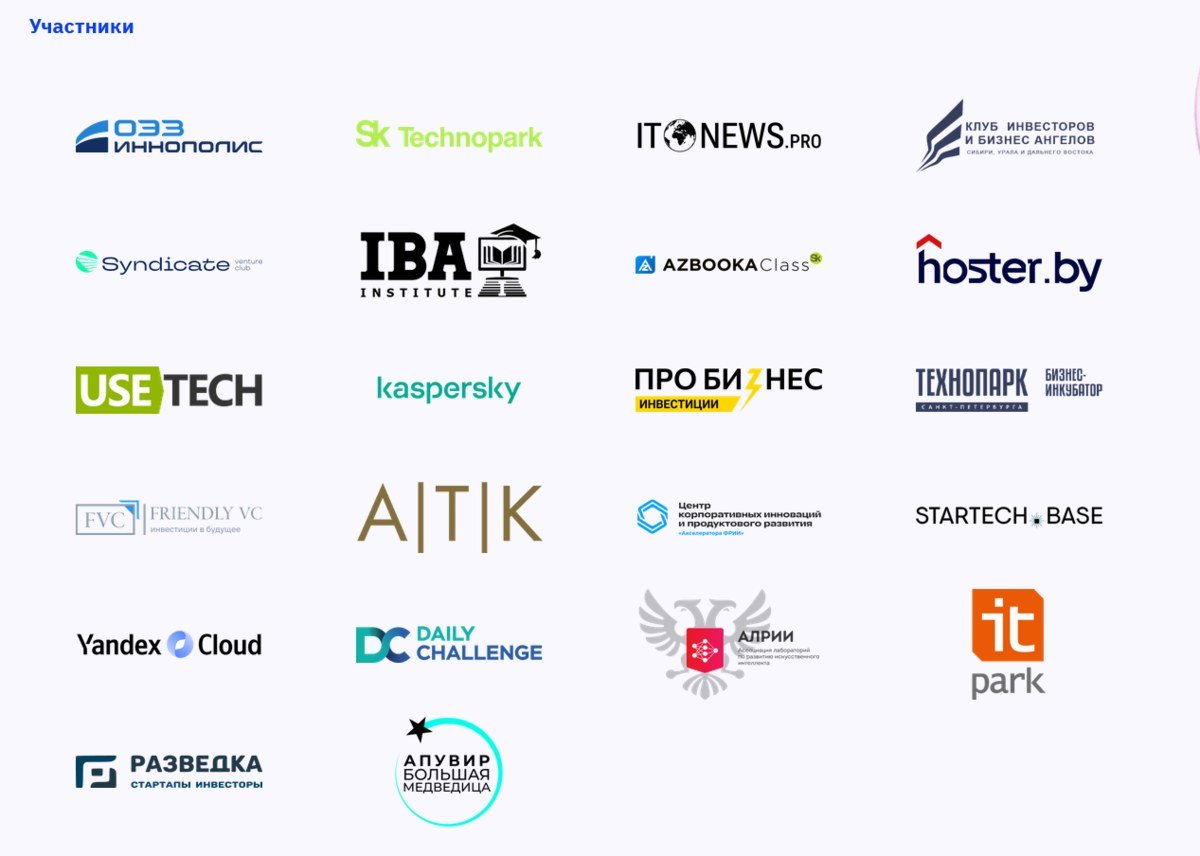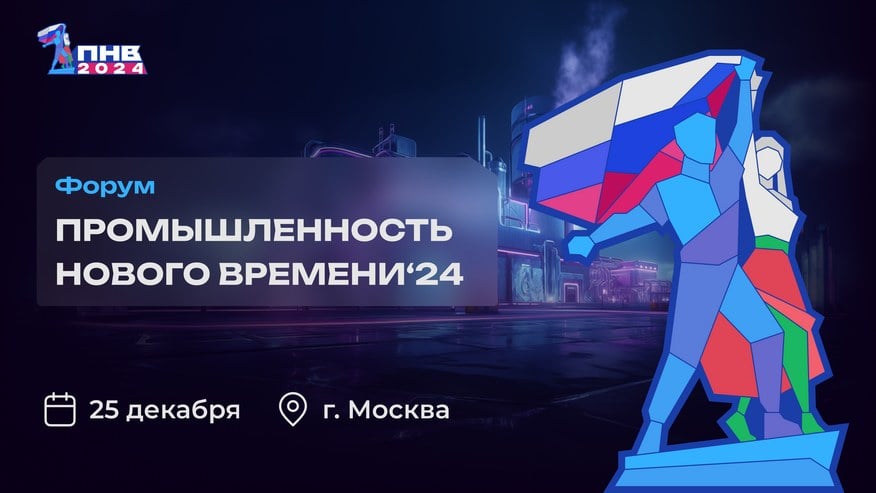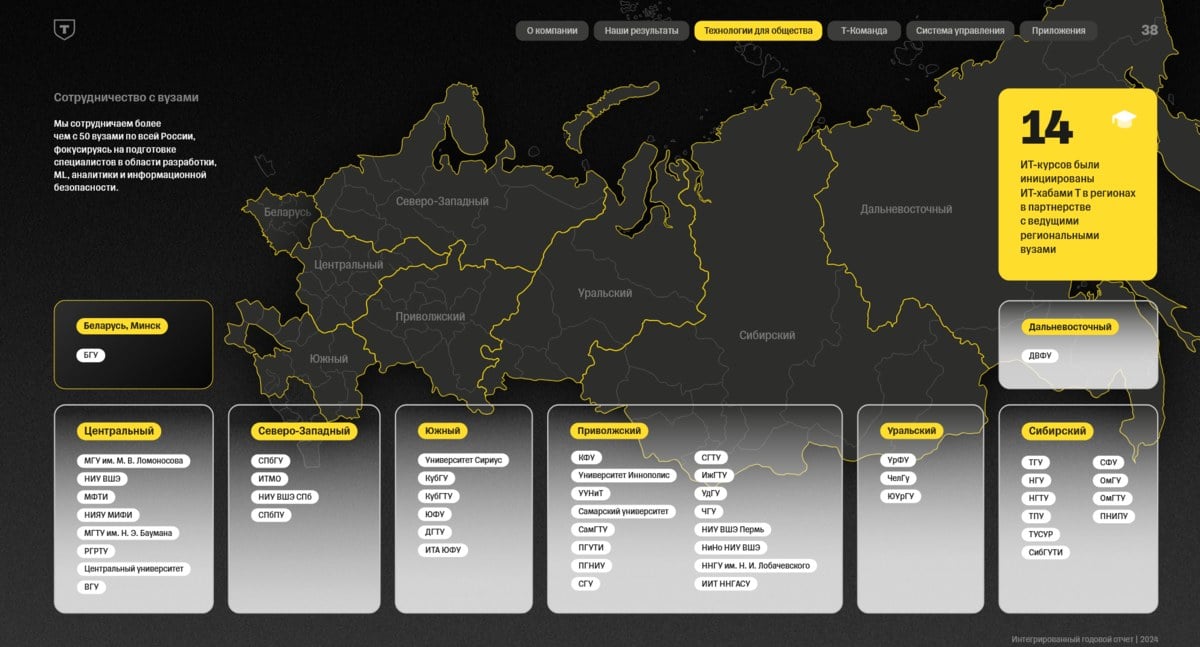"A friendly market." How Russian IT companies are flooding Belarus
The number of Russian IT companies in Belarus continues to grow. They’re actively hiring, organizing events, and recruiting Belarusian students. Here’s what it looks like.
The number of Russian IT companies in Belarus continues to grow. They’re actively hiring, organizing events, and recruiting Belarusian students. Here’s what it looks like.
The number of Russian IT companies in Belarus continues to grow. They’re actively hiring, organizing events, and recruiting Belarusian students. Here’s what it looks like.
In late November 2024, Minsk hosted a massive conference—One AI Forum. Organizers presented it as «the largest IT forum in the CIS for investors, startups, developers, and students,» which was attended by more than 6,000 people. The event was extensively covered by state media (one, two) and business publications.
That day, visitors to the capital’s football arena, in a cyberpunk setting beneath neon signs, played VR games, tested themselves in an «immersive drift simulator,» and watched what was promoted as «the world’s first animated film» created with AI (at least according to its creators) in a specially built cinema.

The forum included an award ceremony for winners of an international olympiad in creative programming and technical creativity. Prizes were presented by Maryna Vasileuskaya, Belarus’s first female cosmonaut.
«We live in a wonderful time, in a wonderful country, and we need new technologies, high quality, and innovation. And with our children, everything will work out,» she shared.
However, the forum’s global ambitions contrasted with the fact that participants were essentially from only two countries: Russia (by a large margin) and Belarus. Among the Russian guests were Yandex, Kaspersky, Innopolis (a special economic zone in Tatarstan), the Investors and Business Angels Club of Siberia, Ural, and the Far East, the Syndicate venture club, St. Petersburg Technopark, and the «Razvedka» startup and investor community.

One AI Forum also held a startup pitch competition. Experts selected 10 from more than a hundred projects. One of them—an educational platform for medical professionals called SmartDoctor—received a $9,000 grant to use the Yandex Cloud platform. The rest were promised «comprehensive support» in business processes from X-Labs (the general partner and organizer of One AI Forum) and hints about potential investments from the Middle East.
Whether the startups ultimately received the promised mentorship and connections with Arab investors is unknown. Probably not.
The issue is that just in January (only a month after the grandiose AI forum at the football arena), the IT group Blockchain Sports Ecosystem, which includes X-Labs, stopped paying its employees. Management informed the team that an investor or investors had left: either from the UAE or from Serbia.
The IT group Blockchain Sports Ecosystem unites several teams/companies/legal entities, including HTP resident X-Labs Inc. It has been known in Belarus for about a year and a half.
The staff numbers at least several hundred people. Employees mentioned figures from 800 to 1000, and even more including the Russian office; the Blockchain Sports LinkedIn page indicates between 1,000 and 5,000 employees.
According to its website, the IT group has headquarters in Dubai and three main domains—motorsport, drift, and football. In November 2024, it brought actor Til Schweiger to Belarus.
Since the beginning of this year, Blockchain Sports Ecosystem has experienced problems with salary payments. According to employees, this is allegedly related to the departure of the main investor. Due to lack of funds, they can’t even dismiss people: there’s no money to formally terminate contracts.
Nevertheless, at the very end of 2024, X-Labs managed to hold another Belarusian-Russian forum, but this time in Moscow—with broad participation from officials of the neighboring country. This time it was called «Industry of the New Era» and was held under the slogan of «strengthening ties between Russia and Belarus in the field of high technologies.»

The presence of Russian companies in Belarus has always been evident. Yandex has had an office in Minsk for many years, as have development centers for banks with Russian capital. In 2023, VK opened a representative office in the capital.
However, the increase in Russian presence in the Belarusian IT market after the start of the war in Ukraine was seemingly just a matter of time.
«I think the growth of Russian orders is inevitable: as the Russian economy becomes isolated from the global one (from both sides), they will need more and more software,» predicted one Belarusian founder a couple of years ago. «At the same time, they have fewer resources of their own, so they will look for developers and place orders in Belarus. This is also interesting for Belarusian developers and companies: not all Belarusians are ready to leave, and they need work against the backdrop of Western clients’ declining interest in outsourcing to Belarus.»
But since last year, Russian IT companies have been particularly active in Belarus—including organizing tech events (albeit not as grandiose as One AI Forum).
The growing share of Russian clients in the labor market is evident from devby’s annual research.
At the end of 2023, 53.2% of surveyed IT specialists inside Belarus said they were working on projects from Western Europe or the USA, and 21.8% on projects from Russia (and 25,7% on Belarusian projects).
By the end of 2024: 44.1% of IT specialists were working on Western projects, and 29.9% on Russian projects (and 28,8% on Belarusian ones).
The «T-Technologies» holding (formerly «Tinkoff») hired employees in Belarus throughout the year, organized meetups for programmers, and recently completed construction of a huge office in Minsk for 1000+ people. The share of Russian business is also growing in the cybersecurity sector.
Another major Russian IT holding—T1 (formerly called «Technoserv»)—opened an office and plans to increase its Belarusian staff to 500 specialists within a year.
«Belarus is an interesting friendly market, with a much lower entry threshold—due to similar culture and friendly relations. But of course, there are challenges and peculiarities. For example, Belarus has a good engineering school and many local IT companies that are strong competitors,» commented Anton Spirin, T1's Commercial Director for Products and Services on the new direction.
The holding also took up organizing events for IT specialists. Last year, the Russians held a conference in Minsk discussing the industry’s «acute problems»: «import substitution and technological sovereignty,» and in June, T1 will host another event in the capital—«a fest with hardcore lectures and barbecue.»
Meanwhile, since 2024, the company has been under US sanctions.
Russian companies are active in the Belarusian labor market, yet investments from Russia in Belarusian startups and IT projects have not been as prominent. Among the relatively large deals of the past year—only the acquisition of Belarusian electric scooter developer Eleven (estimated at approximately $6-8 million).
«I don’t see strong interest from Russian investors,» says a founder (who wished to remain anonymous) developing a startup in Belarus. «Our project is related to the construction sector, so we’re tied to the domestic market. There’s no point in going to Europe. We would be interested in finding a major Russian investor, but so far we haven’t succeeded. I personally flew to Moscow, spoke with one venture studio—but no super-interest emerged.»
The venture investment market in Russia has been in crisis since the war in Ukraine began. In 2023, it fell 10 times compared to the first half of 2022. In 2024, there was growth, but under international isolation, the Russian venture capital is still far from optimal conditions.
«I don’t think Russians will make any significant contribution to Belarusian projects,» says investor Valery Ostrinsky. «Truly successful and ambitious startups need a global market, and Russian money is toxic there. Acquisition of Belarusian projects by large corporations from Russia is possible, but that’s not a venture story—the valuations and conditions will be completely different for these startups.»
But Russian companies are truly active in working with Belarusian students—future IT professionals.
In November last year, shortly after entering the Belarusian market, T1 held a «holding day» at the Faculty of Applied Mathematics and Informatics at the Belarusian State University. Company representatives told students about career prospects and conducted a programming hackathon. The corporation organizes online courses for juniors and hires successful graduates. Last year, 44 students from Belarus went through these programs, and 21 of them «received recommendations for employment.»
«Faced with a shortage of talent in the market, we started working with young talent for the long term. We managed to create a whole system to grow specialists literally from the school age,» explained Ekaterina Rozhdestvenskaya, T1's Director of Regional Development, about their «focus» on Belarusian students.
Since the end of last year, the large Russian outsourcing company «Aston» has almost completely shifted its hiring in Belarus to internship programs and junior recruitment. Russian IT equipment manufacturer Yadro (also under US sanctions) organized a laboratory at the Belarusian State University (BSU) of Informatics and Radioelectronics and advertises summer internships on the university’s website.
The «T-Technologies» holding, which was actively hiring in 2024 but has almost completely stopped recruitment in recent months, appears to be following the same strategy—though it continues to collaborate with BSU.
Symbolically, in the company’s reports, Belarus is listed among Russia’s regions, and BSU among «regional universities.»




